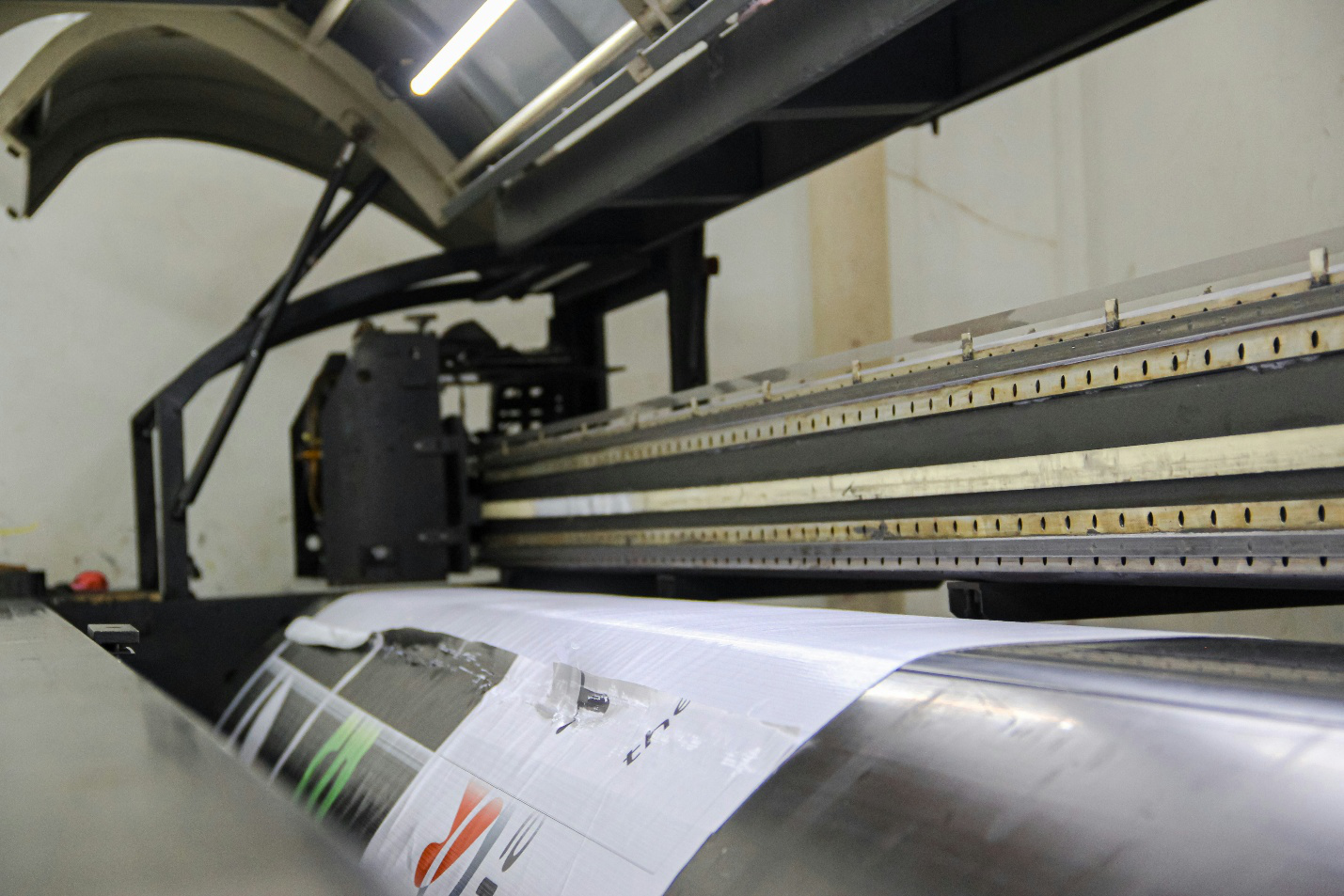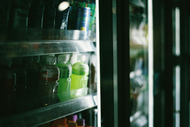Label Printing Solutions for Cold Storage and Refrigerated Products
30th Apr 2025
When it comes to cold storage or refrigerated products, not all labels make the cut. High-quality thermal label printers and color label printers are essential to ensure labels hold up against high humidity, freezing temperatures, and condensation. Low-quality labels can easily peel, smudge, or become unreadable. And in industries like food packaging, pharmaceuticals, and chemical manufacturing, that's not just an inconvenience—it can lead to compliance issues, product recalls, and wasted stock.
That's why businesses working with temperature-sensitive products need to be highly selective when choosing label printing solutions. It's not just about print quality—it's about durability in extreme environments.
What Happens to Labels in Cold and Damp Conditions?
Refrigerated environments challenge labels in several ways. First, there's moisture. Whether it's from condensation or just a high-humidity environment, labels can absorb water and lose adhesion if they're not built for it. Second, it's cold. Labels applied to already chilled or frozen products can fail to stick if the adhesive isn't rated for low-temperature application.
On top of that, label materials can become brittle or curl if they're not designed for sub-zero temperatures. This can affect scanning accuracy, shelf life, and product presentation.
What to Look for in Cold Storage Labels
To avoid these problems, businesses should look for the following when sourcing labels for refrigerated products:
Cold-temperature adhesives: These adhesives are formulated to bond even when applied to surfaces as cold as -20°C or lower.
Moisture-resistant materials: Synthetic materials like polypropylene or polyester offer better resistance to condensation compared to paper-based labels.
Durable overlaminates: Overlaminates add an extra layer of protection against abrasion and smudging—important for scanned or color-coded labels.
Thermal transfer compatibility: In many refrigerated operations, thermal transfer printing is preferred for its crisp, long-lasting output. Just make sure your ribbon and label material match for the best results.
Industry-Specific Labeling Needs
Food and Beverage: Cold cuts, dairy, produce, and frozen meals all need labels that stay in place through refrigeration, freezing, thawing, and more. FDA compliance is key.
Pharmaceuticals: Labels must withstand cold chain logistics without fading or falling off, especially on small vials or syringes.
Chemical and Industrial Products: Containers stored in cold or outdoor environments need chemical-resistant and waterproof labels to prevent deterioration or hazardous mix-ups.
Cold-Ready Labels That Work—Even When It's Freezing 
When you're dealing with refrigerated or frozen products, there's no room for guesswork. That's why you should rely on DuraFast Label Company for label materials that actually hold up in cold storage conditions. Our selection includes everything from low-temp adhesives to synthetic waterproof materials and thermal ribbons that don't smudge or fail under pressure.
If your current labels are peeling, smearing, or falling off in the cold, you're risking more than just poor presentation—you're risking compliance and product loss. Whether you're looking to buy thermal label printers, explore thermal barcode printers, or purchase color label printers online. Contact us today to find the right label printing solution that matches your exact cold storage environment.
